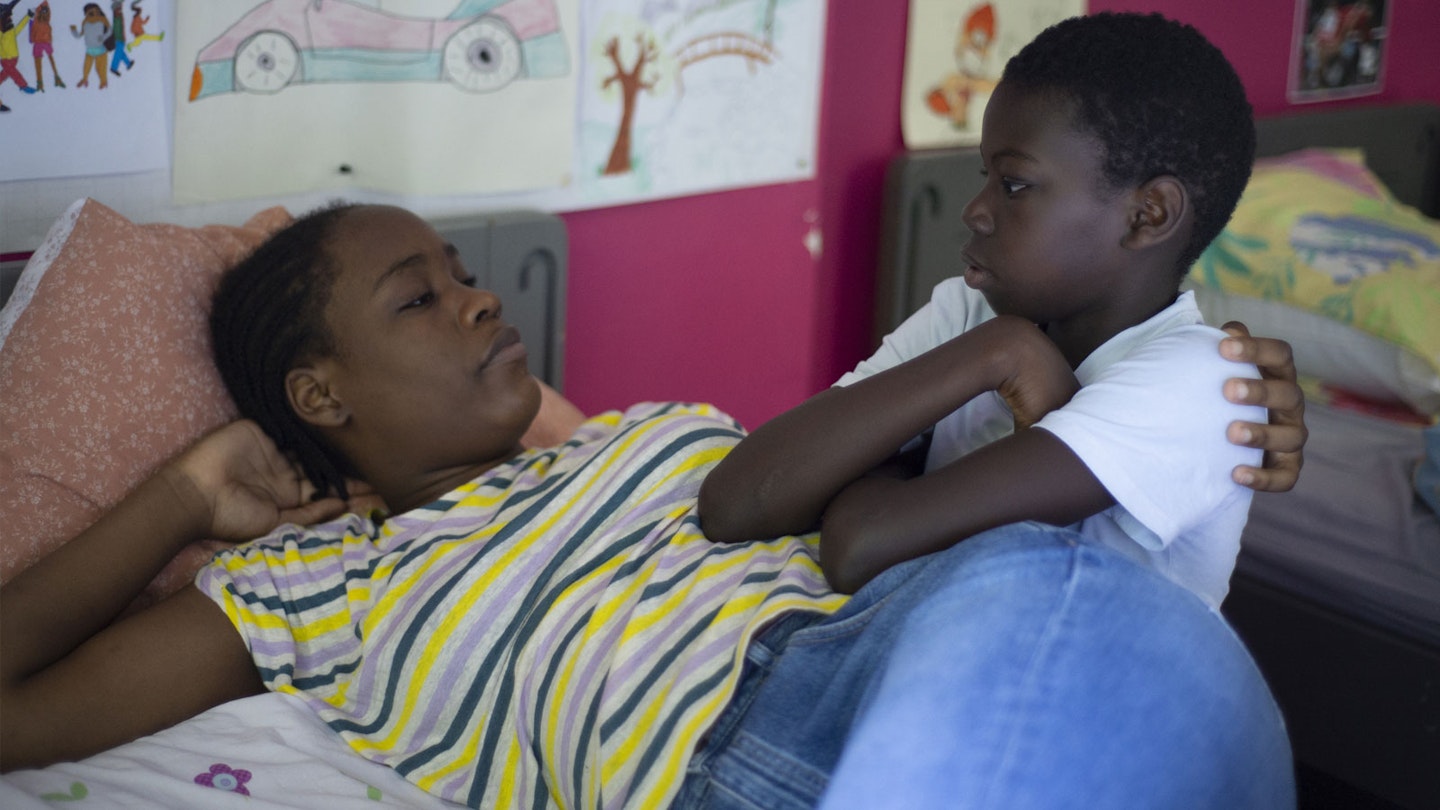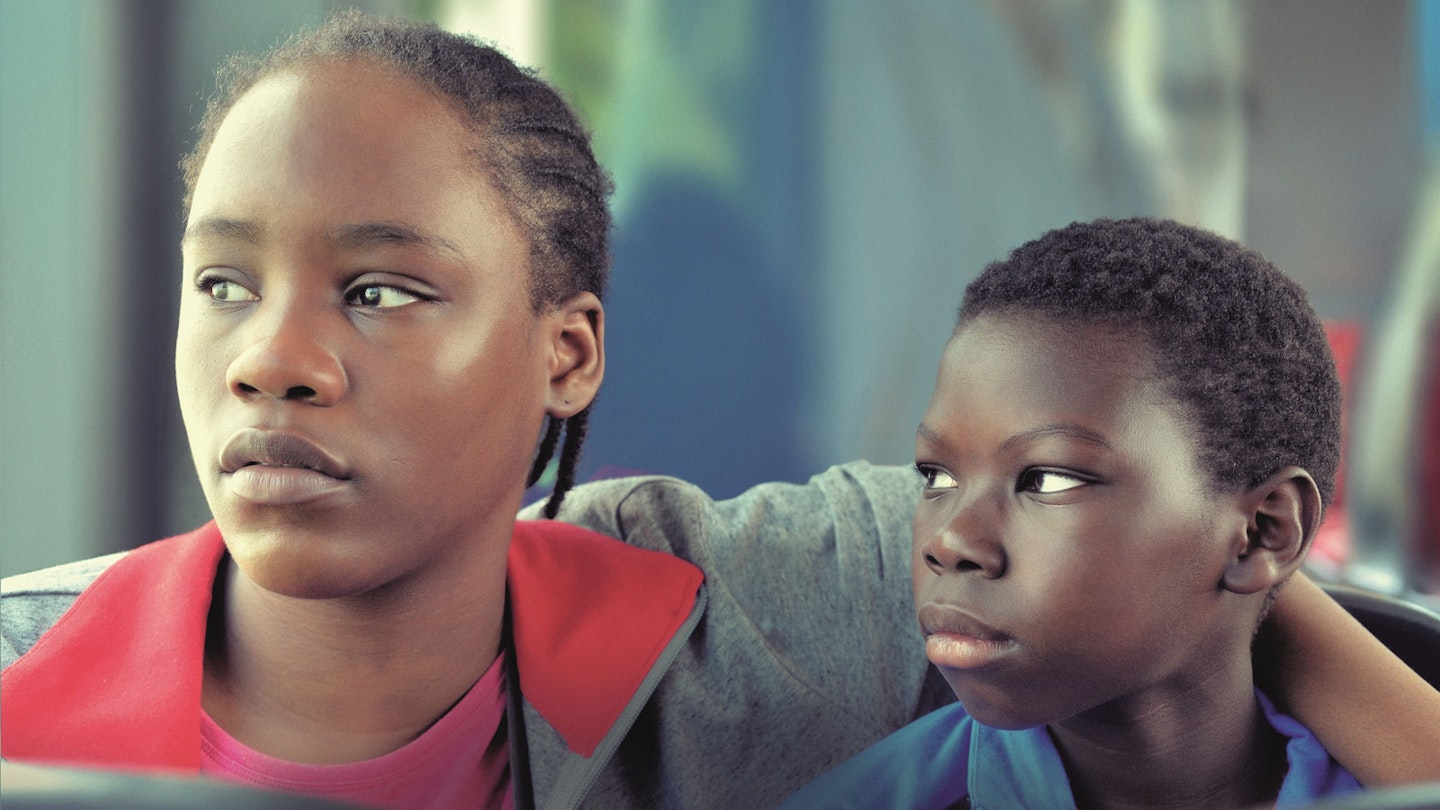Vittorio De Sica could be sentimental, while Ken Loach tends to polemicise. But the Dardenne brothers are less tacit in their support for the characters they depict struggling to survive on the margins. By surveying the scene with humanist detachment, they have honed a brand of observational realism that is all the more dramatically authentic and politically potent because it's rooted in truth.

The winner of the Special 75th Anniversary Award at Cannes, this desperately sad story is on a par with their Palme d'or winners, Rosetta (1999) and The Child (2005). The devotion 16 year-old Lokita and 11 year-old Tori show in taking reckless risks to stay together is heart-wrenching. But this is less a study of loyalty and trust than a denunciation of the hypocrisy and greed shown by the restaurant owner who sexually abuses Lokita while exploiting her to sell drugs, and by the church elder who demands his trafficking fee from the cash she had intended to send her mother back home.
Simmering with fury, this is social realism at its most damning.
Keeping Benoît Dervaux's skittish camera close to convey the furtive nature of the dealings, the Dardennes show the faces of these unscrupulous crooks. But they allow the functionaries denying Lokita her papers to remain anonymously conscience-free. Moreover, they also implicate the viewer’s apathy in allowing such injustice. This could happen in anyone’s back yard. Simmering with fury, this is social realism at its most damning.
Whether singing together, rehearsing questions for Lokita's asylum interview, using street smarts on their deliveries or reuniting after Lokita (who suffers from panic attacks) is locked away at a remote cannabis farm, first-timers Joely Mbundu and Pablo Schils convince entirely as the migrants who forged a bond on a boat and have made simple plans for a future. But the Dardennes’ genius lies in making their milieu so harrowingly and immersively genuine that it's impossible to remain unmoved or unashamed.

